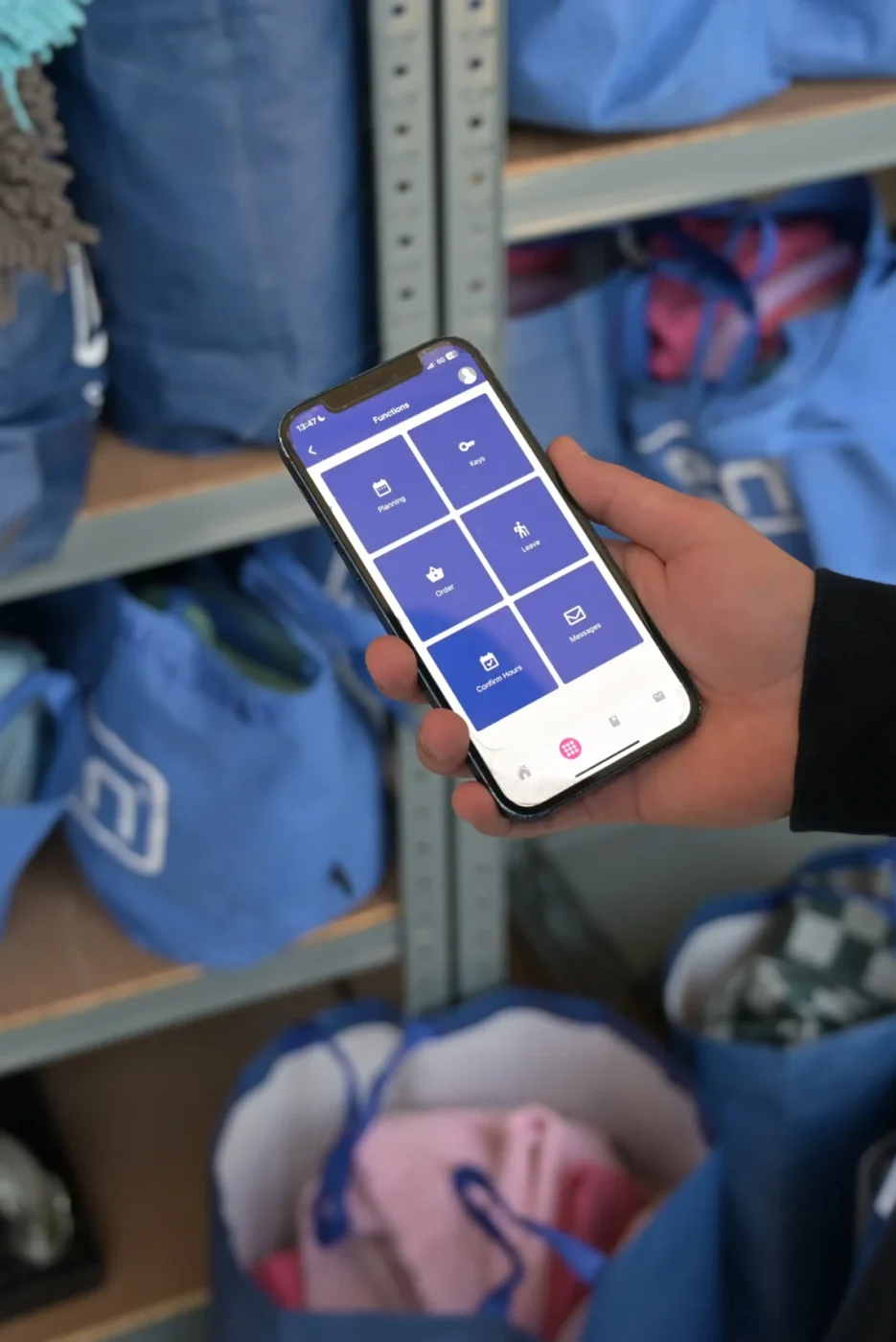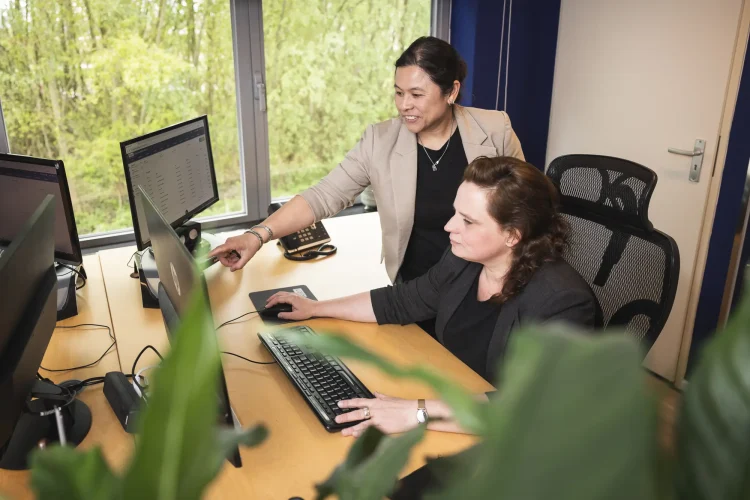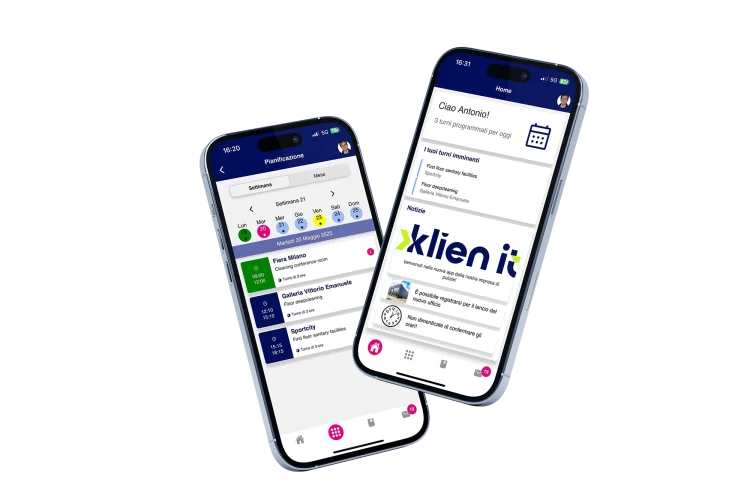Trust and reliability have always defined the cleaning industry. Behind the scenes, however, many companies still depend on manual tasks such as phone bookings, paper checklists and handwritten invoices processes that consume time and invite errors. In this article, we uncover the challenges faced by cleaning companies without digital tools and we zoom in on the opportunities of this transformation.
Challenges cleaning companies face without digital tools
Cleaning companies face a range of challenges that make operations less efficient than they could be. Scheduling often becomes inefficient when done manually, leading to some cleaners being overbooked while others are left without assignments. Communication can also be unreliable, with updates passed through phone calls, voicemails, or notes that are easily missed. Managers have limited visibility as well, making it difficult to confirm when cleaners arrive or ensure that every task is completed to standard. On top of that, paperwork such as timesheets and invoices takes up valuable time and increases the risk of errors.
These challenges not only frustrated employees but also limited growth opportunities for the cleaning businesses themself.
How digital tools improve cleaning company operations
Modern cleaning business management software addresses these problems head-on:
- Smart scheduling: assign cleaners based on availability, skill set, and proximity. This ensures the right cleaner is assigned to the right job.
- Real-time communication: mobile apps allow cleaners to check in as soon as they arrive at a site, provide updates instantly, and even upload photos as proof of work completed.
- Digital tracking & transparency: managers can monitor task completion and staff performance remotely. Supervisors gain access to digital reports that highlight recurring issues or areas for improvement.
- Automated administration: invoicing, payroll, and reporting can now be handled automatically. This not only saves time but also improves accuracy and reduces disputes.
By embracing these solutions, cleaning companies can deliver faster, more reliable, and more transparent services.
The human side of digitalization
While technology brings efficiency, it also impacts the human side of cleaning services. Cleaners, often working alone or at odd hours, can feel disconnected from their teams. Digital tools help bridge this gap. Features like real-time chat, automated reminders, or shared dashboards create a stronger sense of connection between frontline workers and managers.
The disadvantages of missing out on digitalization
Not adopting digital tools doesn’t just mean continuing with business as usual, it can actively hold cleaning companies back. The disadvantages are clear:
- Falling behind competitors: companies that stay manual risk losing clients to competitors who can provide faster responses, transparent reporting, and more reliable services through digital systems. Moreover without streamlined processes, scaling becomes nearly impossible.
- Higher operational costs: manual scheduling, paperwork, and error corrections consume valuable time and resources. Over time, this inefficiency translates into higher operating costs that eat into profits
- Lower customer trust: modern clients expect visibility, accountability, and convenience. Companies that can’t provide real-time updates or accurate reporting risk damaging their reputation and losing contracts.
In short, resisting digitalization doesn’t just preserve the status quo, it introduces long-term risks that can undermine both customer relationships and business sustainability.
Why embracing digital tools is essential
Digitalization is reshaping the cleaning industry by tackling long-standing challenges such as inefficient scheduling, poor communication, and time-consuming paperwork. With modern tools, companies can streamline operations, improve transparency, and foster stronger connections between staff and managers. Customers, in turn, benefit from greater reliability, real-time updates, and a smoother overall experience.
For cleaning businesses, embracing digital solutions is no longer optional, it is the key to sustainable growth and stronger customer trust. If you’re curious about how these tools could work for your business, read more about the functionalities of our system here.



